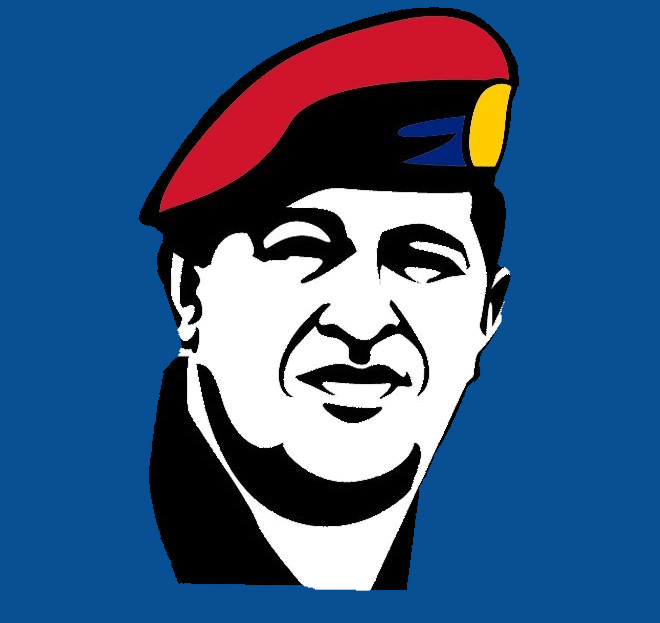Terrorism and Drugs
Policy
A key part of U.S. policy toward Venezuela was the categorization of the country and Chavez as a state-sponsor of terrorism. The exoticism, otherization, and oppressiveness of these policies were clear: by linking Chavez and Venezuela to the terrorist organizations of darker-skinned people, U.S. officials could sow fear in the American public toward the frightening strangers of Venezuela. It was a near-constant practice of the U.S. Congress, State Department, and White House to attempt to find connections between Hugo Chavez and the Lebanese terrorist organization, Hezbollah, as well as the Palestinian terrorist organization, Hamas. Audre Lorde’s description of the otherization and oppression of black and brown people was deeply at play here. The darker-skinned Venezuelan government could be linked to darker-skinned Middle Eastern terrorists, creating a view of Venezuelans as violent barbarians. Additionally, U.S. leaders linked Chavez to the government of Iran. In this case, Chavez could be seen as being involved with a more sophisticated, state-run terrorist organization in the form of the Iranian government. Said’s “us” vs. “them” mentality is intact, as the U.S. compels itself to repel a coalition of evil, darker-skinned states including Iran and Chavez’s Venezuela. Finally, American policy decried the perceived alliance of Hugo Chavez and the Colombian narco-terrorist group, FARC. Here was further proof that the “others” of Latin America were collaborating to perpetrate violence. It did not take the influence of the exotic Middle East to create a dangerous Venezuela. Instead, the brutish nature of Chavez and the people he represented could be understood through his perceived connection to groups within the otherized continent of South America itself. Further, FARC reflected another oppressive part of U.S. policy—the association of Chavez with the drug trade. American policymakers felt that they needed to protect the innocent, generally white, Americans from the exotic narcotics being developed and trafficked by Chavez and his Latin American allies. Chavez’s Venezuela can never be seen as legitimate so long as it poisons innocent people in the West with the drugs Chavez was alleging pushing from his place in the unfamiliar and frightening Global South.
The U.S. also gave itself a license to intervene in Venezuela by pointing to the alleged connection of Chavez’s government to terrorist organizations such as Hezbollah, Hamas, and FARC. The idea that such violent groups could be operating within the hemisphere was deeply frightening to the American public, giving U.S. officials an excuse to enter into the political affairs of Venezuela and impose its influence in a neocolonial manner. Similarly, American concern regarding drugs coming out of Venezuela created a narrative for why the U.S. needed to intervene in the country’s policy. Under this guise, the U.S. could attempt to shape Venezuelan policy on an array of issues to benefit itself. Finally, civil unrest within Venezuela that the U.S. deemed violent allowed American policymakers to insert itself into domestic Venezuelan affairs. U.S. policymakers, often seeing themselves as the police of the world, could explain away its influence campaigns to silence certain sides of internal Venezuelan debate as necessary peacekeeping efforts. With its asymmetric power as explained by Michel Foucault, the U.S. could create a hegemonic narrative of Venezuela’s affinity for nuclear weapons, terrorists, drugs, and violence which would serve as a justification for its interventions in Venezuela.
